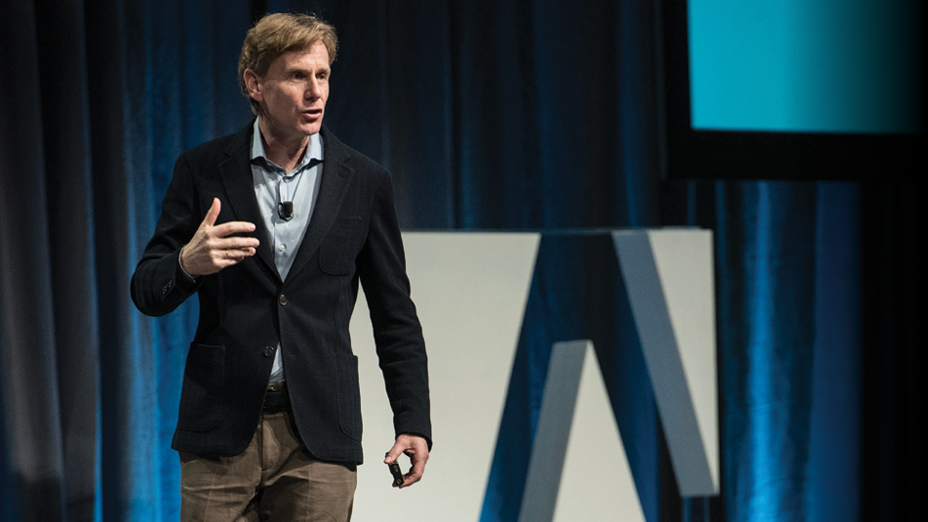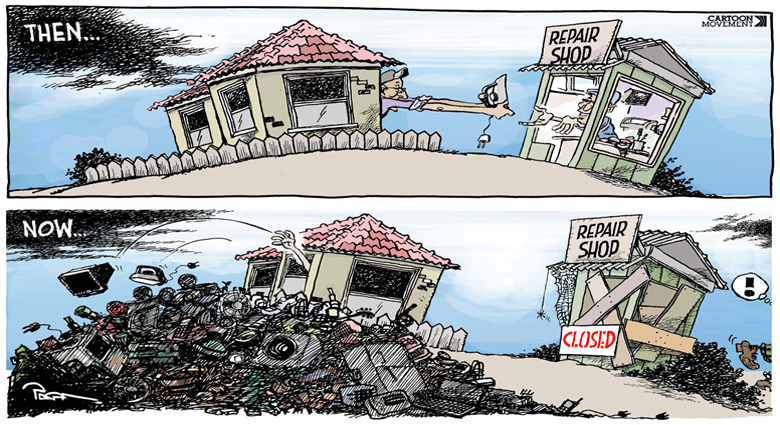The phrase “work smarter, not harder” has been thrown around so much that it has become a cliché. I mean, who wants to “work dumb”? Unfortunately, from time to time, many people, including myself, do just that. It’s not because we want to work dumb; it’s because we don’t know exactly how to work smart.
When I first searched for advice on how to work smarter, I arrived at a picture that was incoherent and overwhelming. Prioritize. Delegate. Keep a calendar. Avoid distractions. Set clear goals. Execute better. Influence people. Inspire. Manage up. Manage down. Network. Tap into your passion. The list went on and on and included over 100 pieces of advice. You could say I was dumbstruck.
I decided to bring more rigor and clarity to the notion of working smarter, so I studied 5,000 people to find out what top performers do differently than the rest of us. What I learned surprised me a great deal because most of them went against conventional wisdom.
Working smart requires selectivity. Whenever they could, top performers carefully selected which priorities, tasks, collaborations, team meetings, committees, analyses, customers, new ideas, steps in a process, and interactions to undertake, and which to neglect or reject.
On its own, this discovery isn’t groundbreaking—we’ve all heard that “less is more.” But the very best performers also redesigned their work to focus on activities that add the most value. Instead of simply reducing their workload, they eliminated busywork and applied intense, targeted efforts to their selected work activities.
Based on these findings I created this definition: To work smart means to maximize the value of work by selecting a few activities and applying intense targeted effort.
Working smart requires answering some tough questions in your job: what are the key activities that I can undertake that maximize value? What does “value” mean in my job? (I devote an entire chapter to this question in my newest book.) What must I say “no” to in order to do this? And what does it mean to go all in and do exceptional work in my job?
By working on a few key collaboration initiatives, the upshot is that you can do them exceptionally well.
Working smart also means questioning the latest workplace trends. For example, many people currently believe that collaboration is necessarily good and that more is better. Experts advise us to tear down “silos” in organizations, collaborate more, build large professional networks, and use lots of high-tech communication tools to get work done.
Well, my research shows that convention to be dead wrong. Top performers collaborate less. They carefully select which projects and tasks to join and which to flee based on value. And they channel a huge degree of effort and resources to excel in the few chosen ones.
By working on a few key collaboration initiatives, the upshot is that you can do them exceptionally well. Working smart means finding the few activities that matter the most and going all in on those to create the best possible results. You get the greatest outcome for every hour worked, and it doesn’t get much smarter than that.





.png)

%20(1).png)


What Did You Think?